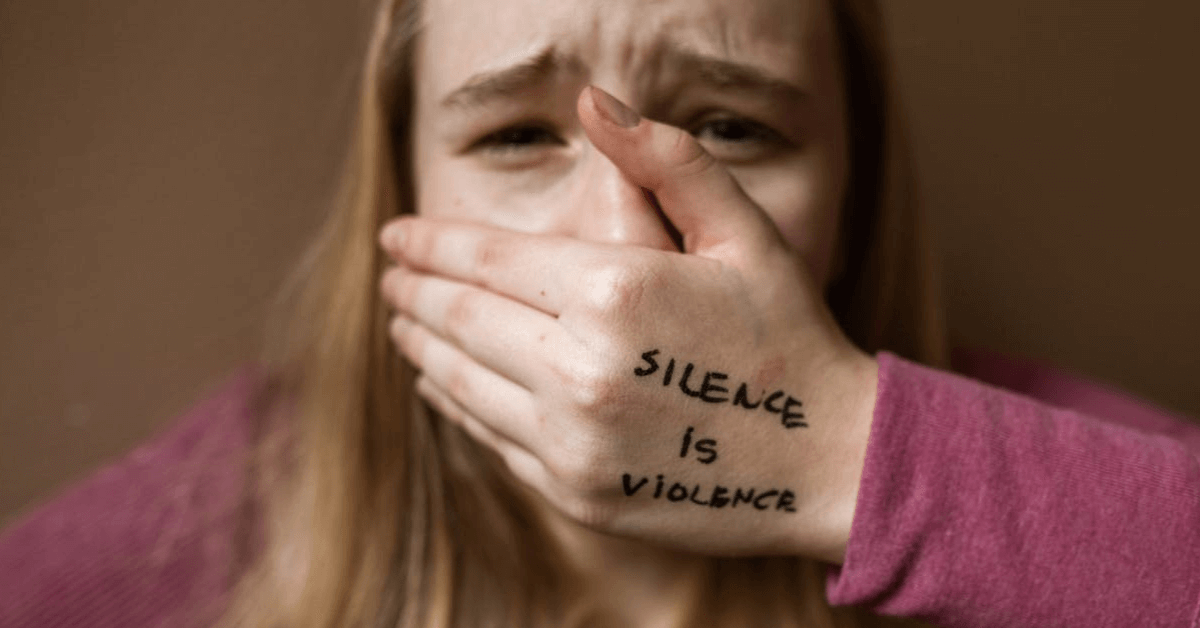Knowing what to do if someone is stalking you is crucial for your safety and well-being.
It’s important to take immediate action, such as documenting any incidents, informing trusted individuals, contacting law enforcement, and seeking support from professionals or organizations specializing in dealing with stalking situations.
The first step is to trust your instincts; if something feels off or you feel threatened, it’s crucial to act on those feelings.
Immediately report the matter to the police, providing them with as much detail as possible.
This can include times, dates, locations, and the nature of the stalking behaviour. If there’s an immediate threat to your safety, don’t hesitate to call emergency services.
In today’s digital age, stalking can also occur online. If you’re receiving threatening messages, unwanted contact, or notice someone persistently tracking your online activities, it’s considered cyberstalking.
Report such incidents through cybercrime channels, and consider enhancing your online privacy settings.
It’s essential to remember that stalking, whether in-person or online, is a crime in Australia.
You have every right to seek protection, legal recourse, and support services to ensure your safety and well-being.
Also read: Domestic Violence Penalties: 5 Important Factors
Stalking Definition
Stalking is defined as a series of behaviours where someone imposes themselves into another person’s life, causing distress, fear, and disruption.
Most victims often know their stalkers, with ex-partners being common perpetrators.
Stalkers aim to exert power over their victims, often as a form of ‘punishment’ for perceived wrongs or simply to control their lives.
🔑 Key takeaway: Stalking can be perpetrated by someone you know or even a stranger. Recognising the signs early can help in addressing the situation.
Elements of Stalking
In Australia, stalking is defined under various state laws, but generally, it involves a pattern of behaviour directed at a person that causes them to feel fear, apprehension, or distress. Common elements include:
- Repeated contact or following: This involves consistently approaching or tracking the victim physically or virtually, creating a sense of being constantly watched or pursued. Such behaviour is intended to or likely to cause fear or significant distress.
- Threats or intimidation: Stalkers may use direct or indirect threats to intimidate their victims, making them feel unsafe or coerced. This can include verbal threats, gestures, or other actions that imply potential harm.
- Monitoring or surveillance: This element includes keeping watch on the victim’s activities, often through covert methods such as tracking devices, spying, or persistent observation. It contributes to the victim’s feeling of invasion of privacy and continuous scrutiny.
- Unwanted communication through various means: Stalkers may repeatedly contact their victims through phone calls, emails, text messages, social media, or other communication platforms. This persistent communication is unwanted and often escalates to harassment.
Key Takeaway: Stalking involves repeated and unwanted behaviour that causes fear or distress, and it is taken seriously by the legal system.
Signs of Stalking
Stalking can manifest in various ways, including following a person, loitering near their workplace or residence, repeated unwanted contact, and even intimidation or harassment.
Some actions might seem harmless, like sending unwanted flowers, but when these actions instil fear or distress, they can be considered stalking.
Cyberstalking, using technology like mobile phones or social media platforms, is also prevalent.
🔑 Key takeaway: Stalking isn’t just physical; it can also be digital. It’s essential to be aware of both forms and take them seriously.
Psychological Impact of Stalking
Stalking can have severe psychological effects on victims, including anxiety, depression, and post-traumatic stress disorder (PTSD). The ongoing nature of stalking means that victims often live in a state of fear, which can significantly disrupt their daily lives and overall well-being.
Stalking is an indictable offence in Australia, reflecting the serious threat it poses to individuals’ safety and well-being. The legal system provides robust responses, including severe penalties and protective measures for victims. Understanding the legal definitions, penalties, and support available is important for addressing and preventing stalking effectively.
Key Takeaway: The psychological impact of stalking is profound, underlining the need for serious legal and protective responses.
Stalking Consequences
In Australia, stalking is a crime across all states and territories. The penalties can be severe, with up to five years imprisonment for standard cases.
However, if the stalker uses violence, possesses a weapon, or breaches a restraining order, the penalty can extend to seven years.
If you’re being stalked, collecting evidence is crucial, as it can aid in legal proceedings and help in obtaining intervention orders.
In Victoria, stalking is an indictable offence. The law defines stalking as engaging in conduct that causes the victim to feel fearful or apprehensive.
If someone is found guilty of stalking, they may face significant penalties, including imprisonment.
To address stalking, Victoria Police takes a proactive stance, offering support and intervention to protect individuals from further harm.
The legal system provides several avenues for recourse, ensuring that the perpetrators can be brought to justice.
Those accused of stalking may face charges under the Crimes Act, which outlines the various behaviours considered as stalking and the associated legal ramifications.
Seeking Guidance for Stalking Situation
If you’re a victim of stalking, numerous services can offer emotional support and practical advice. It’s vital to reach out as soon as you feel threatened.
If the stalker is someone you had an intimate relationship with or is a family member, consider seeking advice about a domestic violence order.
In other scenarios, especially when violence or threats are involved, a peace and good behaviour order might be more appropriate.
Stalking is a grave issue in Australia, but with awareness, legal support, and community resources, victims can find safety and justice.
Always remember to prioritise your safety and seek help when needed.
Director of Melbourne Family Lawyers, Hayder manages the practice and oversees the running of all of the files in the practice. Hayder has an astute eye for case strategy and running particularly complex matters in the family law system.






One Response